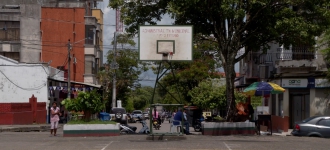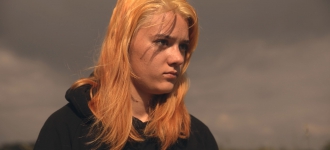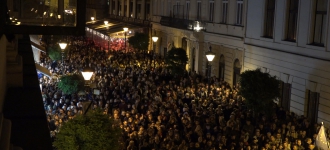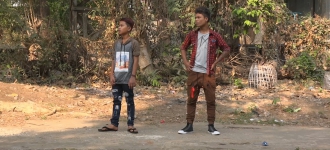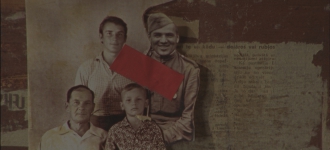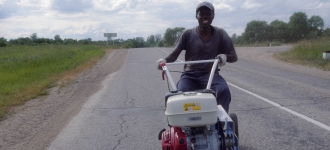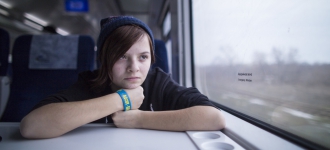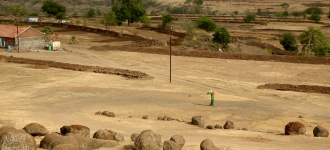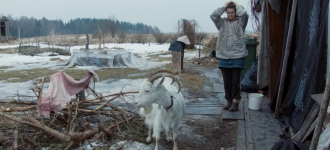Considering the current climate in which many universities around the world find themselves, the Verzio student.debut program is as relevant as ever to the festival’s overall mission. In an era when human rights are being threatened in unanticipated ways, the fundamental right of academic freedom has special meaning for us here in Budapest, where it’s under threat on many fronts, and in many forms. Similar circumstances are playing out around the world, and in the most troubling instances, universities, films schools included, are being purged, and content is being censored. The right to teach, research, and communicate in the academic setting, through both words and images, without restriction, is a fundamental human right, and one essential to this program, as each of these films were produced in the context of a University film program, in pursuit of a University degree.
The program offers a forum to an emerging generation, an often-ignored demographic, whose voice is as important as ever, as is their engagement in the political processes of their societies, and their participation in the production of film and media. Included are an exceptional selection of films, that explore the range of the human condition with a discerning eye, despite the relative youth of their creators.
This year’s competition includes 10 short and feature length documentaries selected from a pool of 27 films from 19 different countries. They cover a broad range of topics both geographically and thematically: a UN intern who turns his golden opportunity into a struggle against the exploitation of interns everywhere, with hilarious results; a group of Central European University students who take a stand against the Hungarian government’s efforts to kick their institution out of the country by staging an open university on the Parliament square; a contemplative elegy to the victims of the long-running civil armed conflict in Columbia, which gives voice to their families; a fresh look at the events of the 1968 revolution in Czechoslovakia and its memory/commemoration through amateur photography and personal family history; a Hungarian girl from the countryside on the verge of adulthood, from a broken home and with limited prospects, who finds her only solace in a militaristic youth community; a girl coming of age in Ukraine who finds direction in life when she picks up a camera; the people of a small village in India and their confrontation with drought and other adversities, and one resident’s attempt to help their plight by digging a well; a sensitively observed portrait of a Burmese youth from the countryside and his struggles and challenges after moving to the capital; teenage parents struggling to get by in the Latvian countryside with the help of a grandmother, who succumb to economic pressure and move to the city, fracturing family ties; and an interesting take on the question of identity and belonging about a proud immigrant to a small Russian village, originally from Africa, who takes a nationalistic stand.
The medium of film in the hand of dedicated young filmmakers can be a powerful tool for achieving positive social change. This compelling, entertaining group of films speaks to that promise.

